Burundi’s Human Right record was reviewed by the UN Human Rights Committee on 8-9 October in Geneva.-By Lorraine Josiane Manishatse

Armel Niyongere, the president of the coalition of organization civil societies at Geneva during the session ©Iwacu
The committee was interested in the case of two commissioners of the Burundian Independent National Commission on Human Right (INCHR), who were instated without consulting opposition parties and civil society. Clotilde Niragira, the Minister in charge of Human Rights and head of the Burundi Government delegation, responded that the commissioners were approved by parliament, although some members abstained from voting. Niragira also explained that the INCHR has limited funds due to the budgetary constraints the country is facing.
The Human Rights Committee was adamant about extra-juridical killings, estimated by UN agencies to reach sixty victims between 2010 and 2012. The minister denied vehemently and states that these were common crimes. The Committee however, finds the Burundian Government complicit, since the former Assistant Commissioner of Police Michel Nurweze, who is accused of the crime, was not prosecuted.
Another topic on the agenda that caused controversy is the composition of the Truth and Reconciliation Commission (CVR). Civil society organizations complain that the commission will not be impartial and efficient as it is only composed of CNDD-FDD members. The Human Rights Committee questioned the Burundian delegation on this issue. The minister replied by saying that the selection process is ongoing.
Evading questions
According to Armel Niyongere, the president of the coalition of civil society organizations that prepared a report for the Committee’s consideration, indicates that they are not satisfied with responses given by the head of the delegation.
He mentions that when the government representative was asked about public demonstrations and meetings, she said that only organizations that are disturbing security are refused. “This is absolutely false”, Niyongere deplores. “Ever since 2010, no civil society organization or opposition party was authorized to hold peaceful manifestations.”
Members of the Human Rights Committee also commented on the small size of Burundi’s delegation. Armel Niyongere shares their concern and feels it exemplifies Burundi’s efforts. “The minister was not informed about many issues the committee raised”, Niyongere states. “That’s why she evaded the questions.”
In concluding remarks, Nigel Rodley, Chairman of the Committee, mentioned the outstanding concerns of the commission. They involve political killings, particularly perpetrated by people responsible for enforcing the law and the Government-linked youth wing, prison overcrowding and the suppression of the media.
Regular review
As a State Party to the International Covenant on Civil and Political Rights (ICCPR), Burundi is required to undergo a regular review by the Human Rights Committee, consisting of 18 international independent experts.
Burundi submitted a report on implementation of its human rights obligations to the Committee, as did a number of non- governmental organizations and a coalition of civil society organizations.
On 8-9 October, the Committee engaged in a dialogue with the delegation from Burundi on questions relating to the promotion and protection of human rights in the country. It is the second time that Burundi is reviewed, following the initial report in 1992.
The Human Rights Commission will publish its final report on the hearings on October 31st.

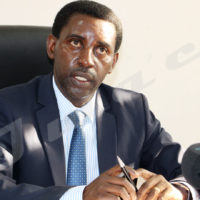
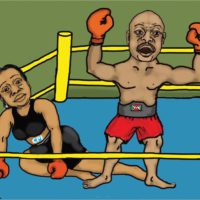
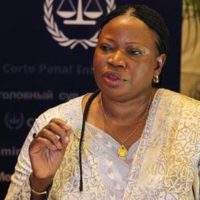
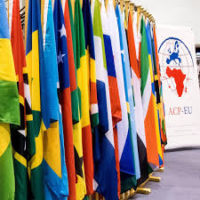
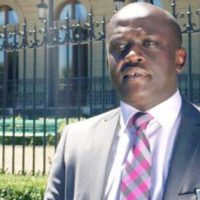













 IWACU Open Data
IWACU Open Data

